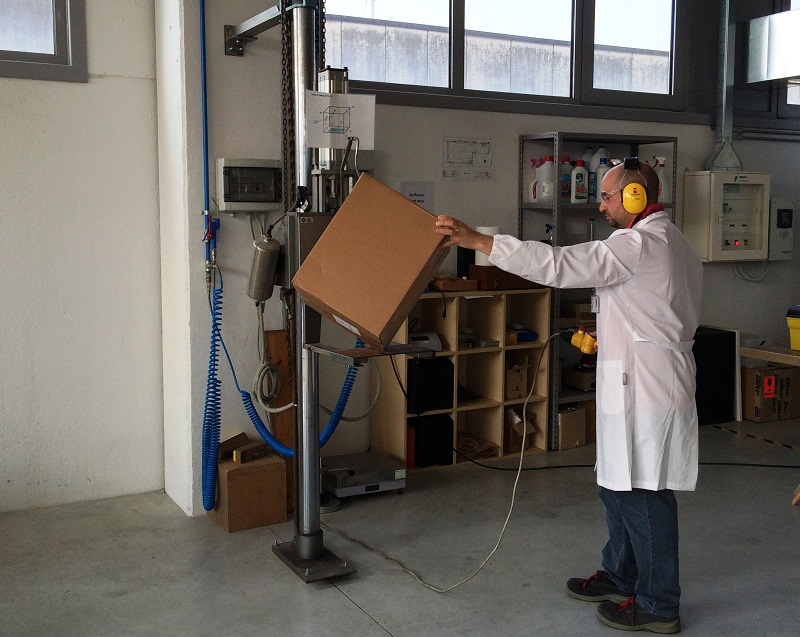A lot of people as they approach retirement age then start to think about retirement, and what it is going to look like without the funds that they have grown used to throughout their working life. It can be scary. It needn’t be.
It is not that surprising when you consider that most 18 to 35 year olds have less than a $1000 put by in case of emergencies, that they have no retirement plan. It can be hard to think that far into the future when you get into the habit of living paycheck to paycheck.
Below, you will find some ideas to help you prepare for your retirement years.
1. Contribute To Your 401(k)

There are a great number of savings plans set up for your retirement by the government, that are pretty much standardized to make them easy to understand and use. More and more businesses are making sure that they look after their employees by helping them invest wisely for their futures. 401(k)s are one way that they do this.
A 401(k) is a great way to start to build up some savings in a way that is considered pre-tax. That money comes out before your federal income tax is assessed, and if you contribute a $100 a month and you are in the 12% tax bracket, that means that your take home pay is only going to drop by $88. This is a great way to save money that isn’t going to overwhelm your monthly budget.
Some employers also offer to match whatever contributions you make to your 401(k), and they should have published guidelines on what they are willing to match. This means that you can sometimes double what you are saving.
Roth 401(k) are a little different and takes the income after taxes, so you will want to look at whether this makes it a less viable option for you.
Just because you leave your job it doesn’t mean that you can’t still do something with your 401k either – you might be able to roll it over to a traditional IRA, a Roth IRA, or a new employer plan. Either way it gets the ball rolling.
2. Take Advantage Of Catch Up Contributions
If for some reason you fail to start saving for your retirement years early, or you were unable to, it does not mean that you are out of options. This is fortunately not an uncommon situation, and the government recognizes this, and has put measures in place to make sure that people who either lacked the foresight or the means to save money in their earlier years, are now able to rectify the situation and make sure that they are going to be properly looked after for their retirement.
The amount that you may have out into your 401(k) or your IRA may not, on closer inspection, be adequate to support you through the years like you thought it would. You may have received bad advice or mismanaged your finances, but now you know that you need to take responsibility.
Up until you hit 40 the amount that you can add to either of these savings accounts is capped, but once you hit 50 the rules change.
At 50 you are eligible to go beyond the normal limits and make catch-up contributions. The limits that they allow for are higher on the 401(k), but it is definitely a very useful rule for both types of account. The other great thing is that if you are contributing to a traditional IRA you may be able to claim it as tax deductible.
3. Invest In Private Equity
Another option which some people may find a daunting prospect, but which, with good advice, you can easily manage, and actually make more money than you might be able to with a 401(K) is to invest in private equity.
Whatever way you choose there is some degree of risk – even a 401(k) and an IRA, which may not give you sufficient returns to live on. Sensible investment is the key to winning the game of finances whatever your goal or purpose is. Having people who can provide you with easy to understand advice is vital.
Private equity is capital that is composed of funds and investors that invest directly in private companies. You can get advice from many different sources, and you can research on your own.
With private equity there is no cap on what you can invest, and the returns are likely to be much higher than a 401(k) or an IRA. The perception is often that you are trading risk for a degree of security, and that investment is a complex subject that you are ill-equipped to understand. Traditional savings options require much less attention, and people believe that they are less susceptible to drastic changes in market trends. There is some truth to that, but they are not completely isolated, and they can lose value.
Conclusion
Retirement is definitely something that people need to be more educated about. There can be an attitude that people take where it will be OK and just take care of itself. There can be the notion that there are adequate safety nets in society to make sure that nothing catastrophic is going to happen to you. It is nice to think that this is true, but this same attitude often lands people in trouble long before retirement age. People with no reserves have little protection or buffer to help them get through those times where they fall ill or are unable to work. It is a reality that these are likely to be more of a problem as someone increases in age.
All of it can be headed off at the pass though. It is never too early to seek out advice and discover what options you might have. There are plans available for people in most income brackets, and doing something is better than doing nothing.















